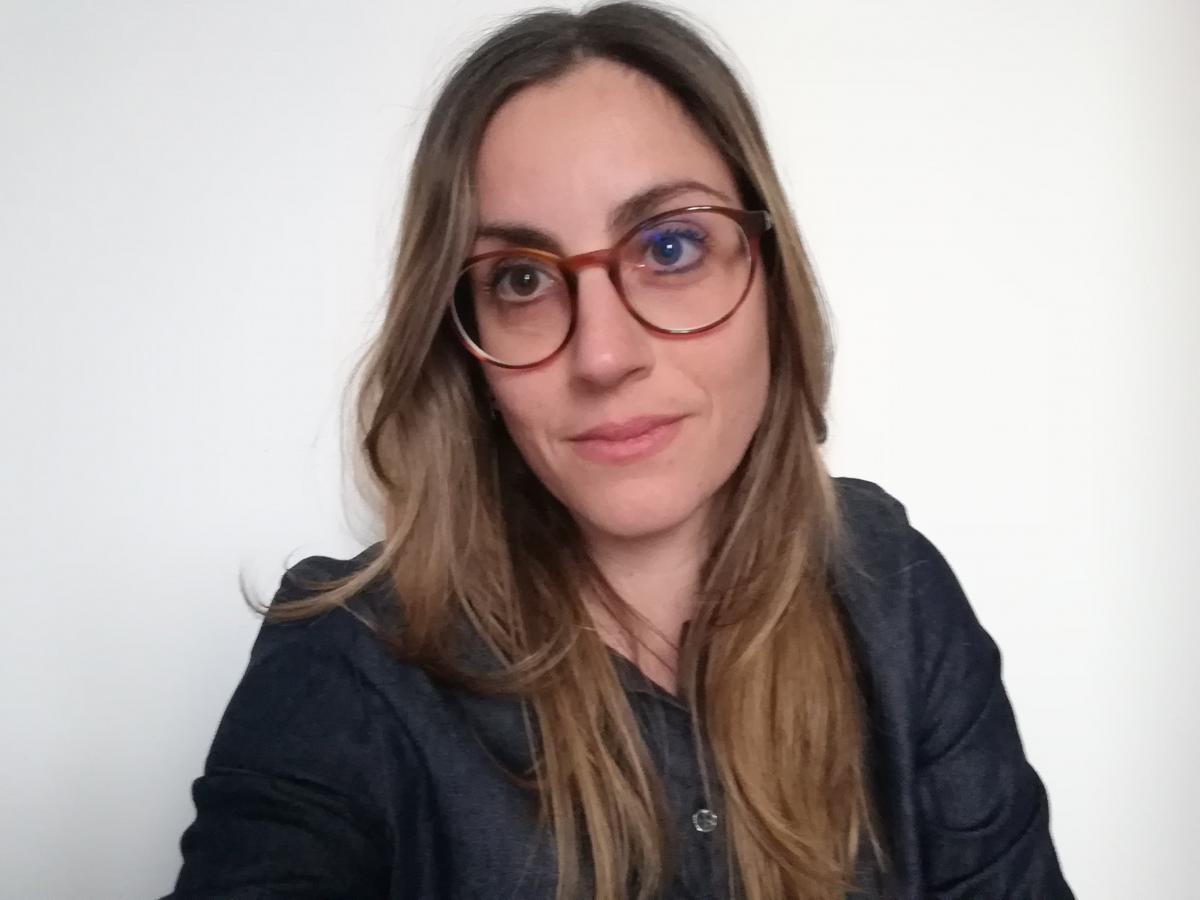Guest blog by Dr Diletta de Cristofaro
Sleep is a key issue for occupational health. Work can negatively impact sleep, as most clearly indicated by Shift Work Sleep Disorder. More broadly, work stress and work-related concerns can also make it harder to get a good night’s sleep. Conversely, studies show that poor sleep leads to workplace productivity loss and a decline in job performance, issues associated with huge economic costs.
My current research project considers the relationship between sleep and work from a literary and cultural perspective. How do contemporary cultural texts, such as fiction, non-fiction, film, and TV, represent this relationship? What can we glean from these representations about how work affects sleep and vice versa? And what does cultural production reveal about the values we ascribe to sleep and work? Culture is a dipstick for society’s preoccupations; therefore, contemporary representations of sleep are the ideal place to explore social attitudes to sleep and work today.
In particular, I’m interested in how cultural production engages with today’s supposed sleep crisis. This is a contested idea in sleep medicine and science. Some experts have been raising the alarm about rising rates of sleep deficiency and sleep disorders, and about their accompanying health risks, for years. Others dispute the idea that we are sleeping less than our ancestors did. But whether we are in the grip of this sleep-related public health emergency or not, contemporary culture typically understands sleep as a crucial problem for twenty-first-century life.
Unsurprisingly, given the premises from which I started this post, work features prominently as a cause of sleep disturbances in contemporary culture. For instance, Jenn Ashworth’s “The Night Watch”, a story that was recorded as a podcast for Durham Book Festival 2021, is about an online content moderator who works at night and whose job makes it hard for her to sleep properly, not just because of the night shifts but because of the content she’s exposed to. In the U.S., the work of The Nap Ministry celebrates the liberating power of rest against a work culture that demands too much of us, forcing sleep deprivation as the obligatory route to success.
Cultural production, however, isn’t just a dipstick for society’s preoccupations. It is also a really powerful way to foster empathy and create a sense of community. By recognising yourself in a story, you may understand your situation better and feel less alone. And even if you do not recognise yourself in a story, you will still gain valuable understanding of contexts alien to you. An ongoing public engagement project I am leading, developed in partnership with The Sleep Charity, colleagues from the Northumbria Centre for Sleep Research directed by Prof Jason Ellis, and artist Chiara Dellerba, leverages precisely these crucial aspects, helping people express their experiences of sleep issues and the impact these have on their lives.
This project, called “Understanding and Reimagining Sleep and Its Disorders”, revolves around a creative workshop series, happening partly online and partly in person. In the online workshops, participants come together with researchers to understand their sleep issues better. We start by discussing cultural representations of the sleep issue in question and we end by exploring wellbeing top tips. In the in-person workshops, participants reimagine sleep through communal creative activities led by an artist, such as producing together a meditation script for a soundscape.
Many of our participants have spoken to us about how lonely it can feel to live with a sleep disorder. It is hard to make other people understand how debilitating it can be to be unable to rest properly for days and weeks on end, and how poor sleep deeply affects all aspects of life, from work to relationships. The project’s final exhibition, which will launch later this summer and which will collect the artworks produced at the workshops, aims precisely at fostering empathy and understanding of what it means to be living with sleep issues.
 Dr Diletta De Cristofaro is a literary and cultural studies scholar, currently a Research Fellow at Northumbria University. She is the Principal Investigator on two Wellcome Trust-funded projects, “Writing the Sleep Crisis” and “Understanding and Reimagining Sleep and Its Disorders”. Her research on sleep has received funding from the Wellcome Trust and the EU Commission.
Dr Diletta De Cristofaro is a literary and cultural studies scholar, currently a Research Fellow at Northumbria University. She is the Principal Investigator on two Wellcome Trust-funded projects, “Writing the Sleep Crisis” and “Understanding and Reimagining Sleep and Its Disorders”. Her research on sleep has received funding from the Wellcome Trust and the EU Commission.
Twitter: @tedilta & @writing_sleep Facebook: @writingsleep

